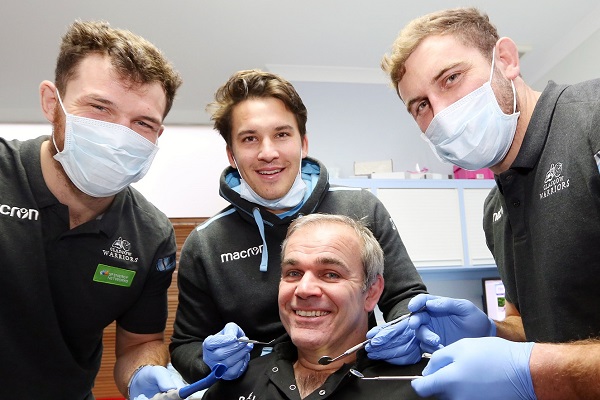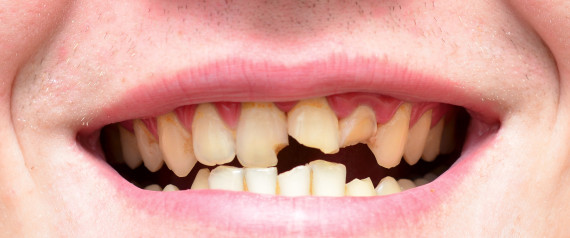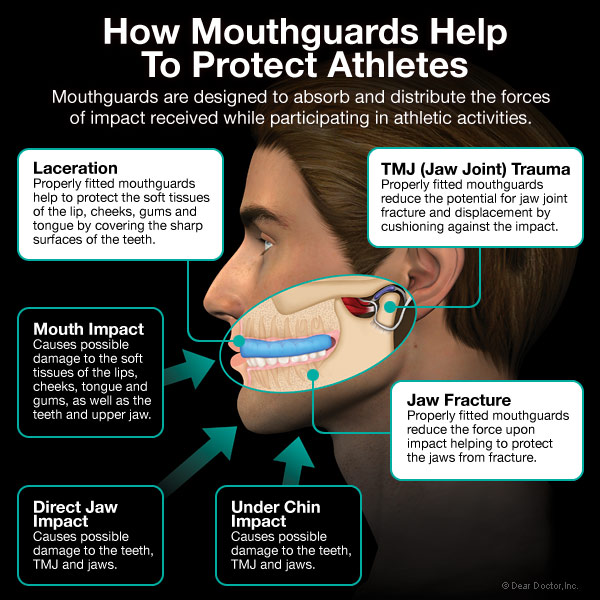The Impact of Oral Health on Sports Performance
The Impact of Oral Health on Sports Performance
The Park Practice’s founder and lead dentist, Michael Blackie, recently gave a webinar to the Injury Rehab Network on the impact of oral health on performance in elite sports.
A range of topics were covered as Michael used his unique position as an experienced sports dentist to educate the audience on the links, causes and impacts between oral health and athletic performance.
In this article, The Park Practice has put together a short summary of the presentation and covered some of the most interesting topics that were discussed to give our clients a better understanding of the role oral health plays in sporting performance.

Common oral health problems for athletes
Like all of us, athletes are prone to commonplace issues related to oral health and dental hygiene. However, through careful research, some dental issues tend to be more prevalent in athletes compared to your average person.
The most common oral health problems athletes face are:
- Tooth decay
- Acid erosion
- Gum disease
- Infected wisdom teeth
- Dental trauma
At first these problems may appear slightly strange. Of course, dental trauma could easily happen to athletes playing contact sports, but why would athletes be more likely to have issues such as tooth decay and acid erosion?
With their healthy lifestyle and need for a balanced diet, one would think these oral health problems would be rare in athletes. Let’s dive a bit deeper to find out what’s really going on.

Why are athletes prone to tooth decay?
Tooth decay and acid erosion in athletes are not down to any one thing, but rather a combination of things.
The indulgence in sugary energy drinks and performance gels is a leading cause of tooth decay in athletes. The high acidity of sports energy drinks can easily damage tooth enamel when consumed daily over a long period of time.
The high carb diet of athletes also plays a part.
When we combine these factors with the dry mouth athletes regularly face during training and the regularity of dehydration, we can start to connect the dots and notice a destructive pattern that combines together to erode teeth and cause decay.
For athletes that cut weight or work hard to keep their figure slim, this can add to a lack of saliva in the mouth. Although a lack of salvia may not seem like a serious factor, it does affect both teeth and gums and encourages athletes to pick up their sugary sports drinks, creating a vicious cycle that tooth decay thrives under.

Evidence of the impact of oral health on athletes
Recent research conducted on 278 athletes at the 2012 Olympic Games in London found that dental erosion was present in 40% of the athletes. 55% of the athletes were suffering from dental cavities and a huge 75% of the athletes examined had gum health issues.
Overall, 40% of the athletes who took part in the study were frequently irritated by oral health problems, and 18% felt that their oral health had impacted their training and performance.
Another study, conducted at a Scottish Premiership football club, showed further evidence of the impact of oral health on athletes. Out of the 38 players at the club, 18 players had levels of acid erosion present. 23 players required treatment to improve their gum health and 11 players were in need of considerable dental treatment.
All of this evidence points to the correlation between sports drinks and tooth erosion in athletes, with many athletes even needing to pull out from high profile events and fixtures due to oral health problems.
How athletes can solve the problem of poor oral health
When it comes to solving the problem of poor oral health and the subsequent impact oral health is having on performance in elite sports, prevention is key.
It may sound simple, but preventing tooth decay and poor oral health from building up over time is the best solution to stopping it from becoming a serious problem.
Below are a few key points athletes should follow to prevent serious oral health problems from forming:
- Attend regular dental check-ups and screenings
- Regular visits to the dental hygienist
- Use water as an alternative to sports drinks
- Improve the oral environment by using fluoride mouthwash and toothpaste
- Drink water after consuming carbohydrates to cleanse the mouth
.jpg)
Spreading Awareness
Awareness of the link between poor oral health and elite athletes is one of the first steps that need to be taken to tackle this widespread problem.
Having a well-informed gym, coach and trainer will help the athlete combat the build-up of decay and prevent any problems from forming into something serious and detrimental to performance.
The Park Practice clinic in Glasgow, with Michael Blackie at the helm, has been working hard to understand this problem more and educate others on it. We’ve produced educational resources supporting findings on the risk of oral health issues for athletes as well as delving into the dangers of sugary sport drinks and other energy supplements in relation to oral health.
As a dental clinic committed to the advancement of sports dentistry, The Park Practice also plans to continue research into this topic and provide further advice and tips to athletes in the hope to improve their oral health, and with it their sporting performance

Sports mouthguards for added protection
Although the dental tips discussed so far in this article can help prevent acid erosion and tooth decay, dental trauma is also a serious risk for athletes. Wearing a custom-fitted sports mouthguard will go a long way in protecting athletes from the risk of dental trauma, and therefore improving their long-term oral health.
Of course, athletes in high-contact sports, such as rugby and boxing, are used to wearing mouthguards. However, sports mouthguards in other physical sports with a high risk of contact, such as football or basketball, are almost unheard of.
Sports mouthguards have a range of benefits to them, including:
- Protects the teeth during impact
- Protects the jaw
- Protects the gum and soft tissue areas of the mouth
- Can prevent serious neck injuries
- Can help to reduce the risk of concussion
The Park Practice is extremely proud to have partnered with the Glasgow Rocks, one of Scotland’s leading basketball teams, providing the whole roaster with custom-fitted mouthguards to protect them from the risk of trauma. The Glasgow Rocks were the first team in the BBL professional basketball league to start wearing mouthguards during games.
The Park Practice also has a long-lasting and ongoing partnership with the Glasgow Warriors, one of the top rugby union teams in Scotland. The experienced dental team at The Park Practice clinic in Glasgow’s West End is conveniently placed to deal with any issues, big or small, that any of the Warriors may face during training weeks or on match days.
This partnership has been extremely helpful to the Warrior’s oral health and has helped The Park Practice team understand more about the link between oral health and athletic performance.
In the future, The Park Practice hopes to work with more professional athletes to provide comfortable, custom-fitted mouthguards and continue the promotion of using sports mouthguards in both low and high contact sports.


